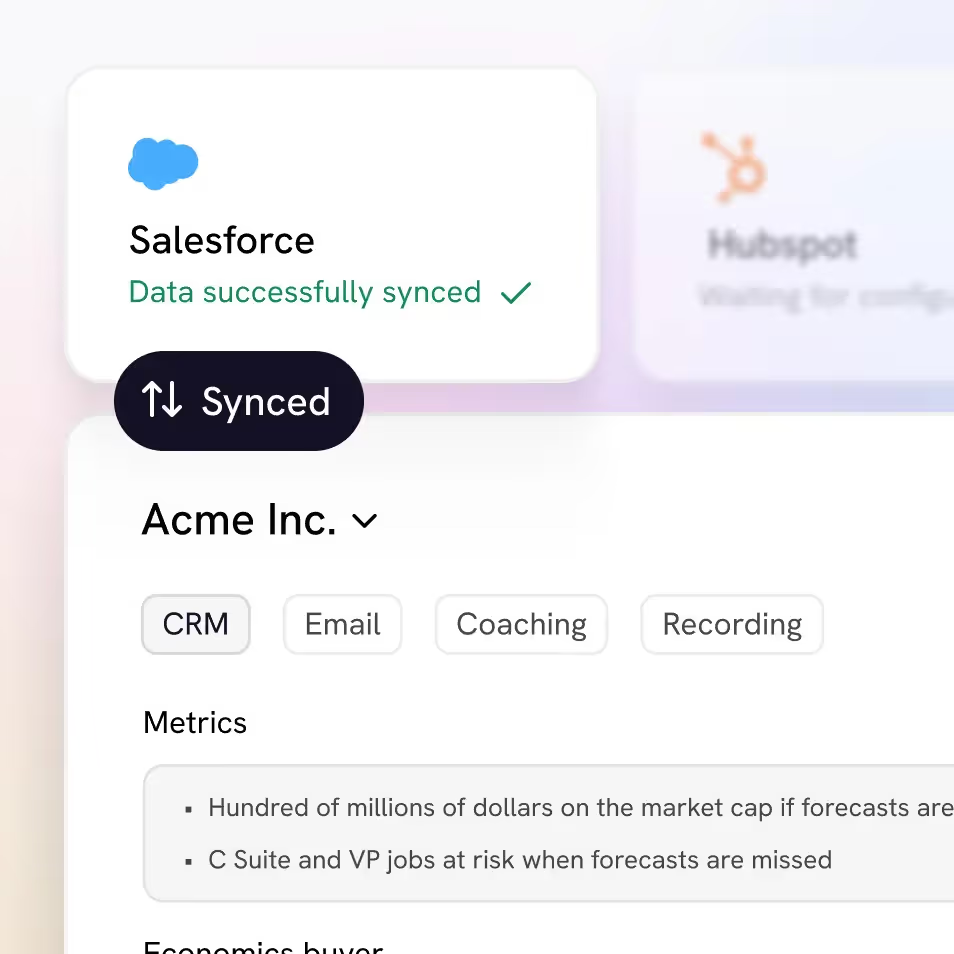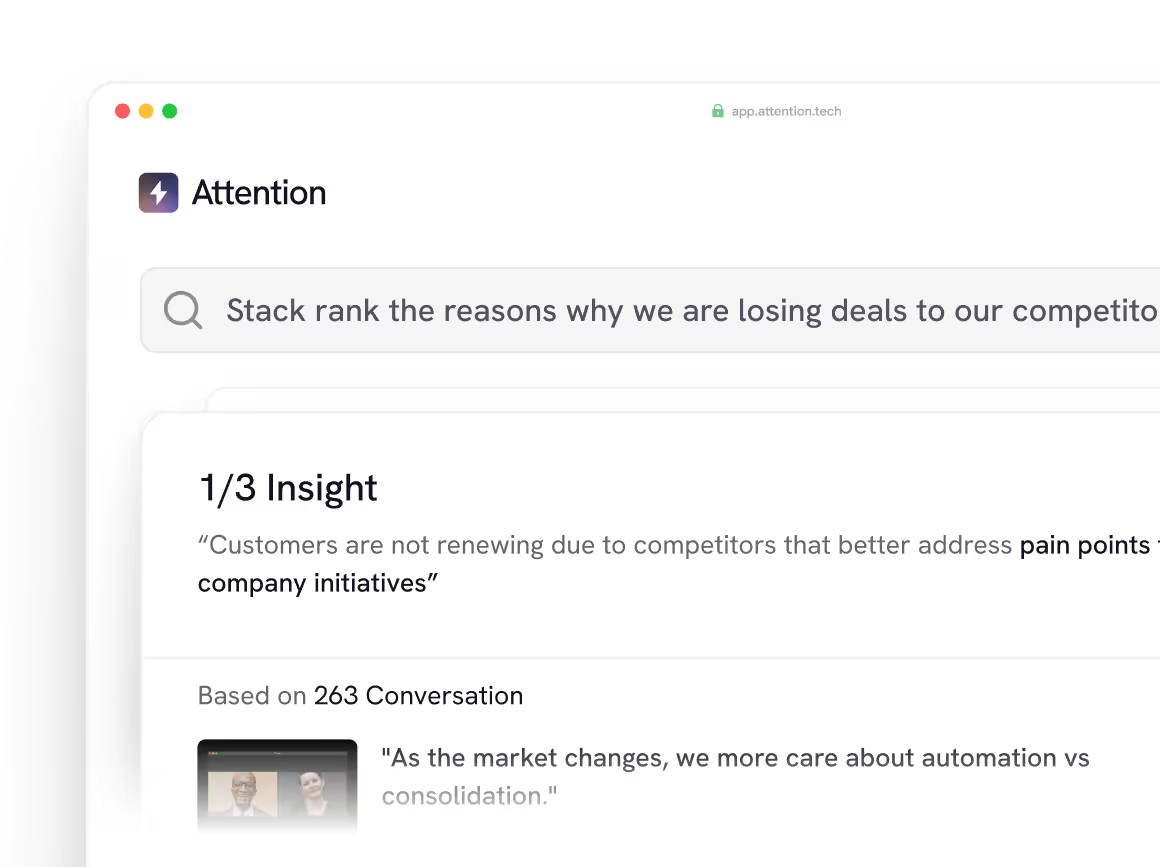What is a Salesforce Object?
You’ve heard of Salesforce, but what exactly is a Salesforce object? Salesforce objects are an integral component of the Salesforce platform, and understanding them is key to success when using any of the Salesforce products. In this blog post, we’ll take a look at what Salesforce objects are, how they work, and why they’re important.
What is a Salesforce Object?
A Salesforce object is a database table that stores information about a customer or other business entity. Objects are the foundation of most Salesforce applications, as they store and organize all of the customer data that is collected. Objects are typically created and managed by a Salesforce administrator, who has the ability to customize the object’s fields and relationships to other objects.
Salesforce objects are the building blocks of the Salesforce platform. Without objects, there would be no way to store customer data or to access it in an organized way. Objects are used to store customer information, such as contact information, customer status, and customer preferences. They also store data related to sales opportunities, orders, and other activities related to customer relationships.
Types of Salesforce Objects
Salesforce objects come in two varieties: standard objects and custom objects. Standard objects are the most commonly used type of objects and are pre-defined by Salesforce. These objects include data such as contacts, accounts, and opportunities. Custom objects are objects that you create yourself, either by selecting from a list of available objects or by creating your own. Custom objects can also be used to store custom fields and data that is specific to your business.
Standard objects are the easiest to create and manage, since Salesforce provides the structure and formats that are necessary for the data to be saved and organized. Custom objects, on the other hand, require more setup and customization, but allow for more flexibility in terms of the data that is collected and stored.
Relationships Between Salesforce Objects
Salesforce objects can be related to each other in several ways. The most common type of relationship is the parent-child relationship, where one object is related to another in a parent-child hierarchy. For example, an account object might have a relationship to a contact object, where the contact object is the parent object and the account object is the child object.
Another type of relationship is the many-to-many relationship, where one object is related to multiple other objects. For example, an opportunity object might have a relationship to a contact object, an account object, and a product object. In this case, the opportunity object is the parent object and the other three objects are the child objects.
Why are Salesforce Objects Important?
Salesforce objects are important because they provide the foundation for the Salesforce platform. Without them, it would be impossible to store and organize customer data and to access it in an organized way. Objects also provide the flexibility necessary to customize the data that is collected and stored, as well as to create relationships between objects. Finally, objects allow for quick and easy reporting, as all of the data is organized and stored in a single location.
In short, Salesforce objects are essential for the success of any Salesforce application. Understanding how objects work and how to customize them is key to getting the most out of the Salesforce platform.
Conclusion
Salesforce objects are an integral part of the Salesforce platform and are essential for success when using any of the Salesforce products. Objects provide the foundation for storing and organizing customer data, and allow for quick and easy reporting. Understanding what Salesforce objects are and how they work is key to getting the most out of the Salesforce platform.
About Attention
Attention is your real-time, fully integrated AI voice assistant for sales.
With our state-of-the-art AI capabilities, Attention understands your conversations and fills up your CRM fields with one click.
Attention will also understand conversations and draft the best follow-up email customized to what was said during your calls.
Supercharge your go-to-market and turn your horse into a rocket. Welcome to the future of Sales!

Accurate deal data
Attention's Al uses prompts custom to your sales approach to extract valuable call data, synthesize it at the deal level and sync it with your CRM fields.
Performance analytics
Create bespoke scorecards and have our Al grade every call. Keep track of every rep's performance, compare them with the rest of the team and get your coaching priorities straight.
Real-time sales coaching
Attention guides your sales reps on every call using your sales methodology templates, Al powered battle cards, and live talk tracks.
Generalized insights
Extract aggregate insights about your customers, reps, competitors, or any other topics covered in your calls. Gain the insights that matter to continuously improve your GTM playbook.
Get started now
All you need to know about your customers
Integrated with
100+ tools






















The only sales Al custom built for your team
Attention analyses your customer interactions to uncover custom deal-level insights, rep performance patterns and market intelligence unique to your team, business model and sales methodology.
Customized insights
We program our AI to understand your unique business goals and processes. A bespoke build plus open-ended prompts means you leave each call with truly actionable insights and none of the noise.
Automated call scoring
Managers are too busy to listen to tons of calls each week to stay on top of rep performance. In seconds, you can have all the right elements to improve rep performance.

Ready to learn more?
Attention's AI-native platform is trusted by the world's leading revenue organizations
